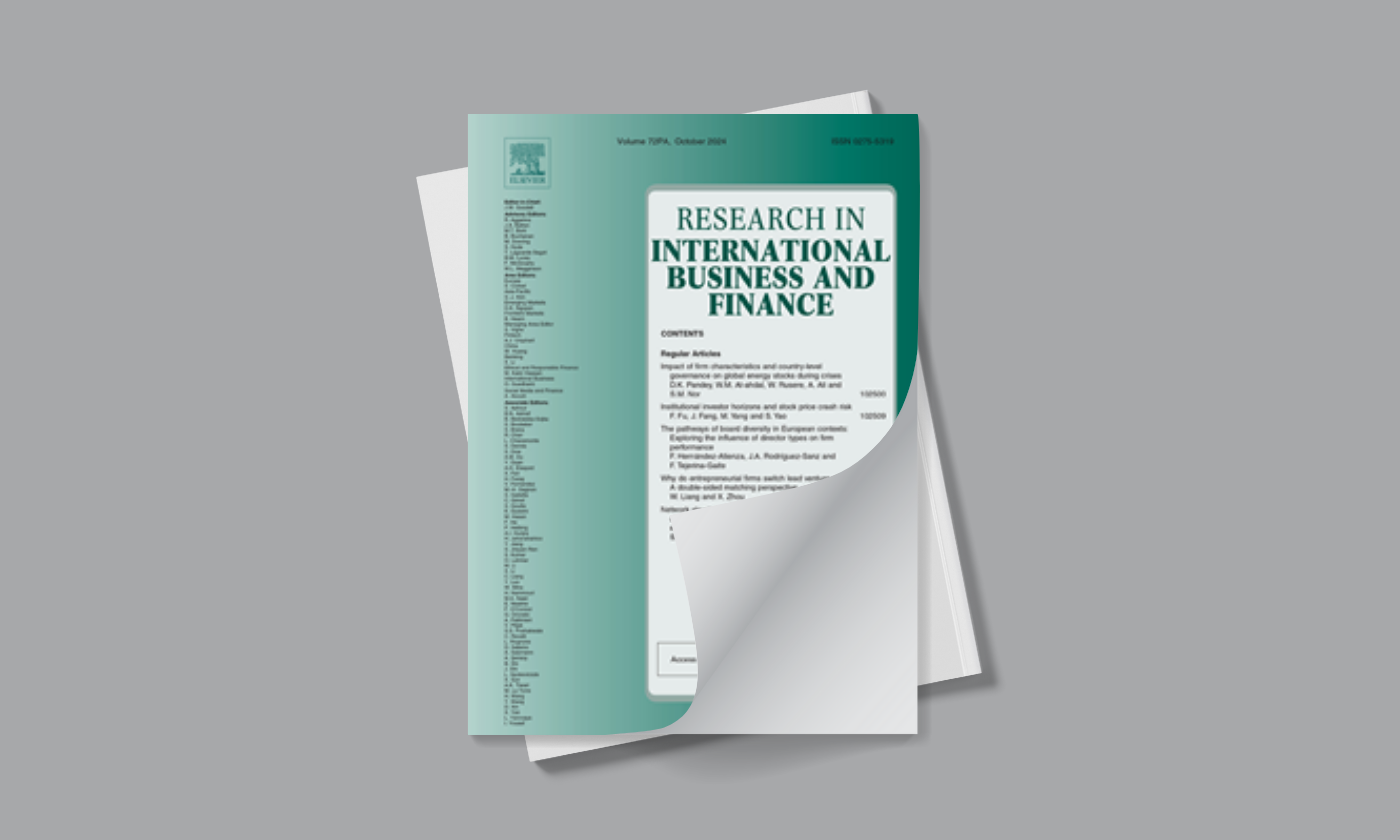A legal origins perspective on ESG rating disagreement

Authors:
- Barbara Kurbus, University of Ljubljana, School of Economics and Business
- Vasja Rant, University of Ljubljana, School of Economics and Business
Keywords:
ESG rating disagreement | ESG dispersion | ESG correlation | Legal origin
Abstract:
Firms’ environmental, social, and governance (ESG) scores vary significantly across rating providers. This article considers the legal origins theory as a potential factor influencing ESG rating disagreement. By comparing ESG scores from five reputable rating providers – Bloomberg, S&P Global, LSEG, MSCI, and Sustainalytics – for a sample of 2392 public firms incorporated across 53 countries, we find that correlation disagreement between rating providers is lower for civil law firms, while dispersion disagreement across rating providers is lower for common law firms. This suggests, firstly, that civil law firms are influenced more by shared factors such as national policies, regulations and industry practices, leading to higher correlations in ESG scores between rating providers, and secondly, that common law firms engage in more independent and firm-specific ESG efforts, resulting in lower ESG dispersion across rating providers.
The Sustainable Development Goals (SDGs) addressed in the article are:
- SDG 10 – Reduced inequality
- SDG 13 – Climate action
- SDG 16 – Peace, justice and strong institutions
The article is published in:
Research in international business and finance (ScienceDirect)
The content is freely accessible at:
A legal origins perspective on ESG rating disagreement

